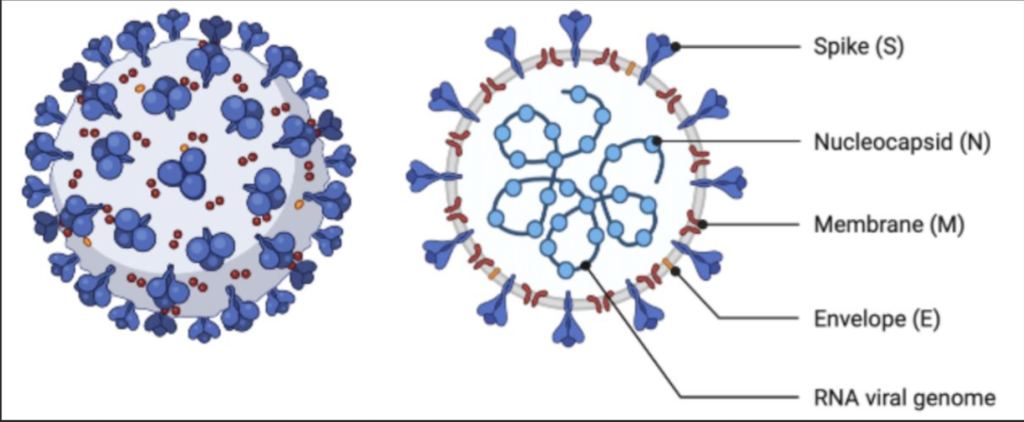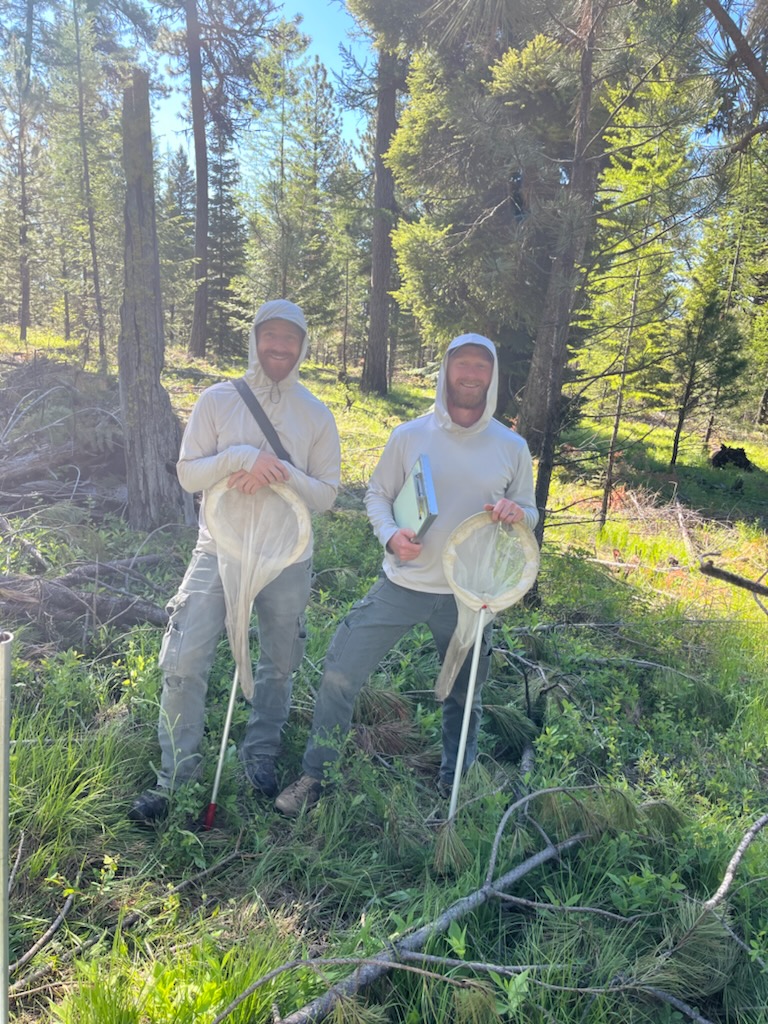“Structure informs function” says Hannah Stuwe, a second year PhD student in Biochemistry and Biophysics (BB), summing up the big picture of her discipline. Hannah works in the lab of Prof. Elisar Barbar, using biophysical techniques to study essential proteins encoded by the SARS-Cov2 virus.
Much attention has been paid to the spike protein of the SARS-Cov2 virion, which is the target of the vaccines developed during the COVID-19 pandemic. Hannah’s research digs into another crucial protein called the nucleocapsid, which plays a role in organizing and packaging the viral genome. Proteins are the primary molecular actors in most biological process, so a detailed structural understanding of the proteins involved could shed light into how the virus disrupts the infected cell. It could also help to develop therapies for people who contract COVID.

The primary analytical technique that Hannah uses is nuclear magnetic resonance (NMR), which probes the atomic nuclei within the protein using magnetic fields. Proteins mainly consist of hydrogen and nitrogen, so these two elements are analyzed separately with different NMR protocols. The resonance information from the individual hydrogen and nitrogen atoms can be combined into a two-dimensional landscape. This gives a rich picture of the protein structure, including how the conformation changes over time and how it interacts with RNAs and other proteins.

Hannah focuses on a short stretch of the nucleocapsid which is intrinsically disordered, meaning that it does not fold to a stable configuration. Instead, the structure of this region varies according to chemical modification by other proteins. When phosphoryl chemical groups are added, the region adopts an open configuration that exposes the viral genome, allowing it to be transcribed by the hijacked cell’s machinery. Without phosphorylation, the structure becomes more compact, possibly making it easier to spread the virion to other cells.
Hannah went to Oregon State for her undergraduate degree in BB and knew her advisor at the time. After graduating in 2019, she worked for a while at an industrial hemp company, working with natural cannabinoid products. Soon after, she felt the call to return to graduate school and accepted a laboratory job and eventually a PhD position with Prof. Barbar. For the rest of her degree, Hannah will analyze the mutations that are continually reshaping the SARS-Cov2 genome.
This is also a special episode because Hannah is in the process of joining the ID team as a host! To hear more about her research before she becomes a regular on the other side of the mic, tune in tonight, April 30th, at 7pm on 88.7 KBVR.












